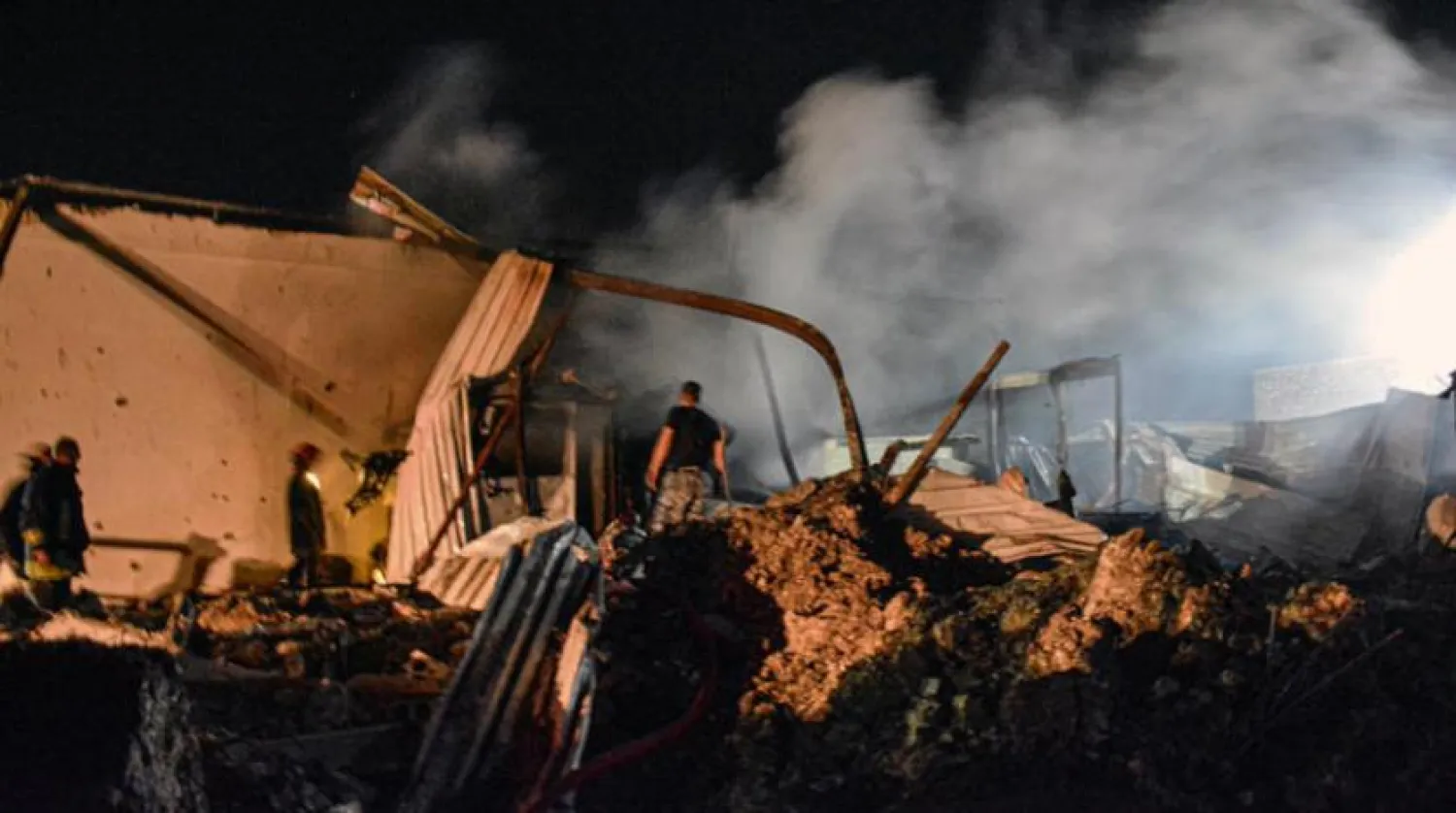Israel carried out airstrikes overnight in the southern Syrian province of Quneitra, Syrian state media and a war monitor said Thursday, though there were no reports of casualties.
The strikes came a day after one civilian was killed and six others injured in similar attacks in the northwestern region of Latakia, a bastion of President Bashar al-Assad's Alawite minority.
Official news agency SANA said there had been "an Israeli attack led by a helicopter in one of Quneitra's zones" not far from the border with Israel.
The Syrian Observatory for Human Rights also reported there had been "Israeli strikes".
The Britain-based war monitor, which relies on an extensive network of sources on the ground, said the strikes targeted the Syrian Army's 90th Brigade and regime military positions in north Quneitra, near the Israel-occupied Golan Heights.
Israel rarely confirms specific strikes in Syria, but since the beginning of the conflict there in 2011, it has launched hundreds of strikes across its border.
Its military has said it hit some 50 targets in 2020 alone.
Israel says it is trying to prevent Iran, which has been one of the Syrian government's key allies in the decade-old civil war, from gaining a permanent military foothold on its doorstep.
Thousands of Shiite militias, recruited from a variety of countries but whose first allegiance is to Iran, have been deployed across Syria in support of the government.
Media outlets quoted Western intelligence sources as saying that the strikes were mainly aimed at weapons research centers, ammunition depots, and military convoys transporting missiles from Syria to Lebanon.
Damascus never admitted that Israel is attacking targets affiliated with Iran, and it has confirmed more than once that Tehran only has military advisers in the country.
The war in Syria, which began when the government bloodily repressed pro-democracy demonstrations 10 years ago, has left more than 388,000 people dead.









